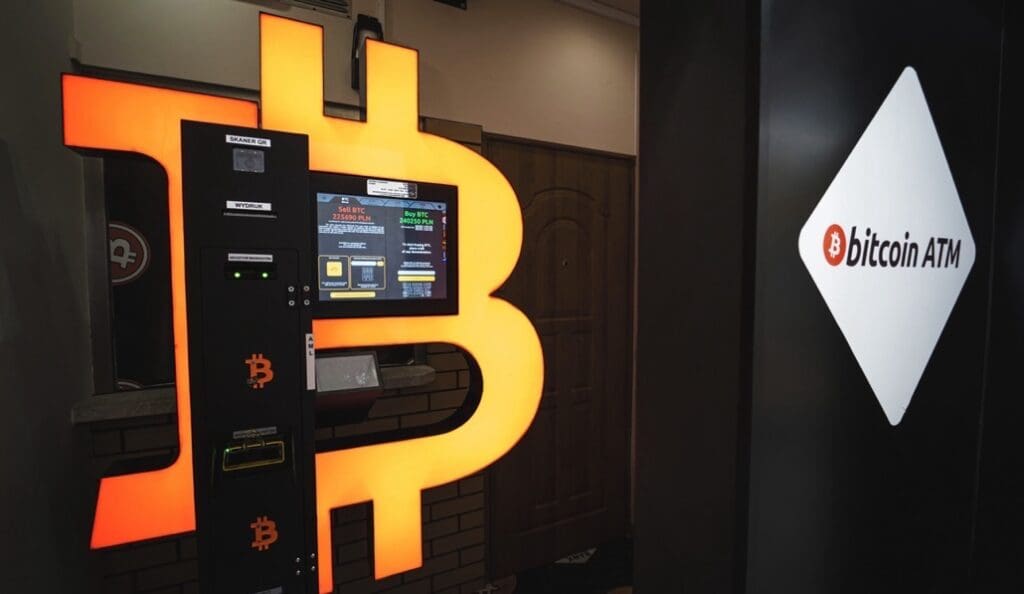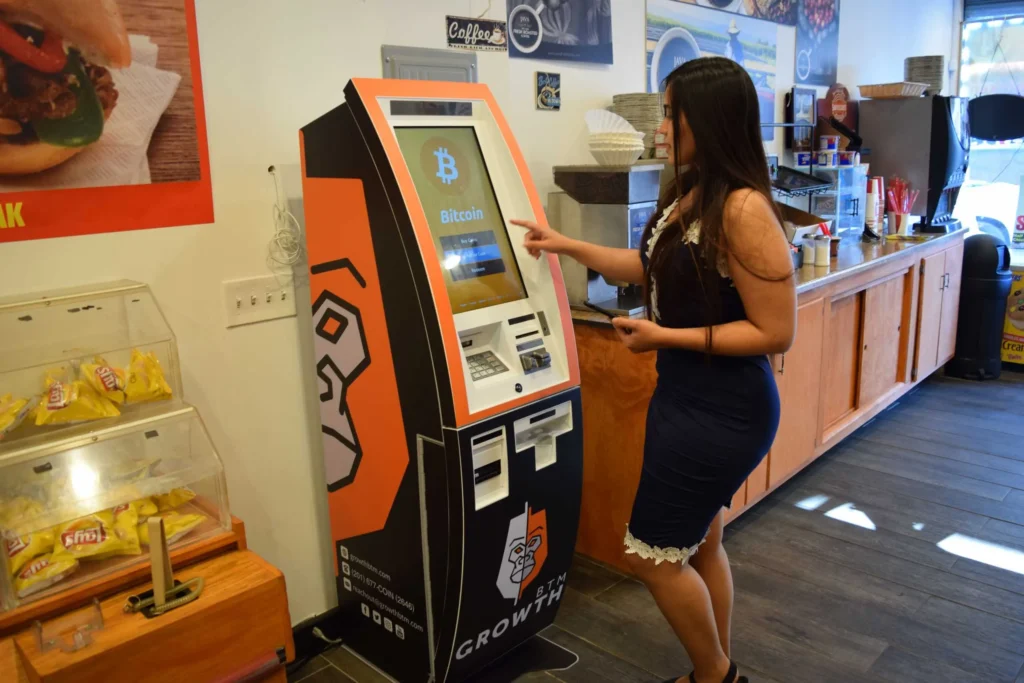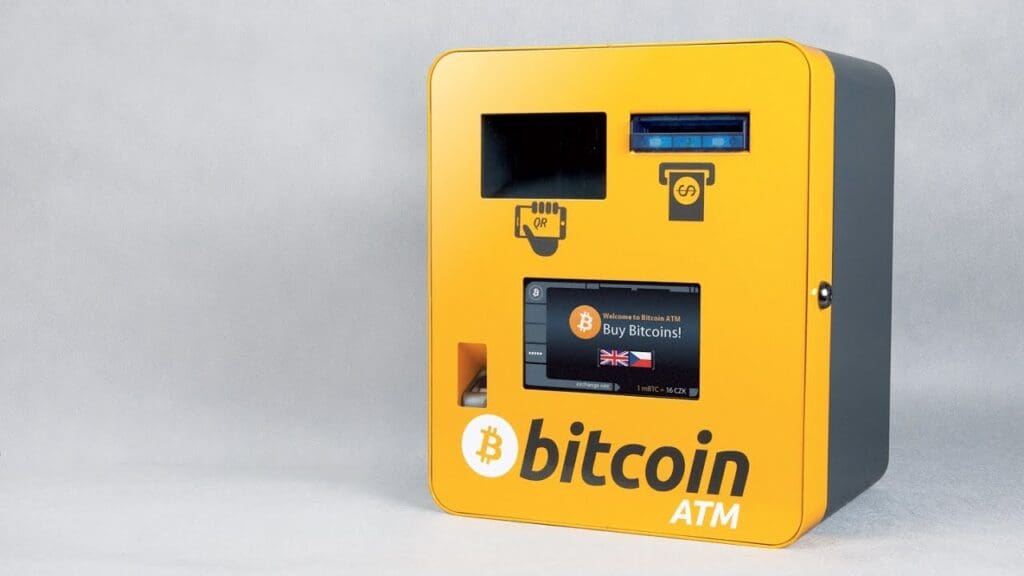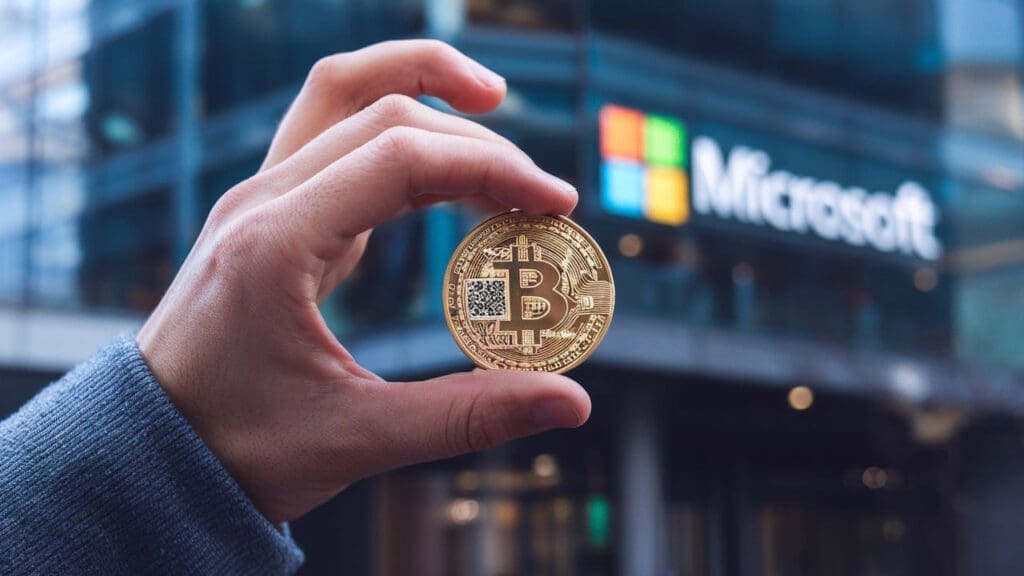Bitcoin ATMs: Usage and Functionality Explained

A Bitcoin ATM (Automated Teller Machine) or BTM (Bitcoin Teller Machine) is a physical kiosk that facilitates Bitcoin transactions, bypassing the traditional banking system. As the value of cryptocurrencies rises and more people rely on digital assets, these machines have become increasingly popular.
Unlike regular ATMs, BTMs connect directly to a Bitcoin wallet rather than a bank account. Users transact through their Bitcoin wallets, where coins are deposited or debited. Some Bitcoin ATMs even resemble traditional ATMs, modified with specialized software to process Bitcoin transactions.
A Brief History of Bitcoin ATMs

The world’s first Bitcoin ATM was installed on October 29, 2013, with a Robocoin machine located at Waves Coffee Shop in Vancouver, Canada. Though it ceased operations in 2015 due to technical issues, it remains a pioneering milestone in cryptocurrency ATM history. Over the years, Bitcoin ATMs have encountered regulatory challenges, leading to regulations similar to those for traditional ATMs, such as setting daily transaction limits.
How Does a Bitcoin ATM Work?

Bitcoin ATMs connect to a cryptocurrency exchange to facilitate Bitcoin purchases. When users deposit traditional currency, the machine converts it into Bitcoin and deposits it into their digital wallet, recorded on the blockchain — the decentralized ledger that tracks all cryptocurrency transactions. To use a Bitcoin ATM, users typically scan a QR code from their digital wallet, deposit cash, and receive the equivalent amount of Bitcoin in their wallet.
Risks and Limitations of Bitcoin ATMs

Though Bitcoin ATMs offer accessibility, they also come with certain risks and limitations. Due to regulations, many Bitcoin ATMs no longer provide anonymity; users are often required to verify their identity, particularly for larger transactions. Additionally, Bitcoin ATM fees are typically higher than other transaction methods, with fees varying by machine and operator.
The Current State of Bitcoin ATMs

Today, over 30,000 Bitcoin ATMs operate globally, with nearly 90% located in the United States. North America leads the market, with BTMs often found in cafes, retail stores, and transportation hubs like train stations and airports.
You May Also Like
- How Do Crypto Tracking Apps Work? Real-Time Data Explained
- The Complete History of Bitcoin Price Action: From Inception to Present
- The Danger Awaiting Bitcoin: Quantum Computers Threat
- Money 2.0: The Future of Currency in a Digital World
Follow us on TWITTER (X) and be instantly informed about the latest developments…











